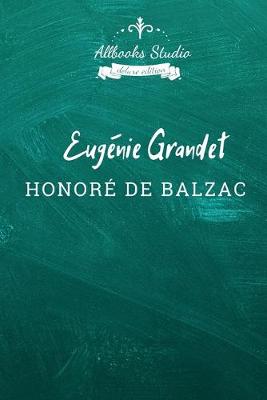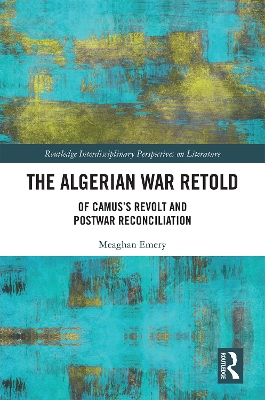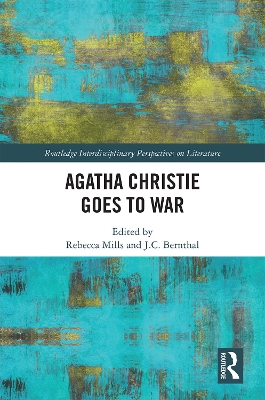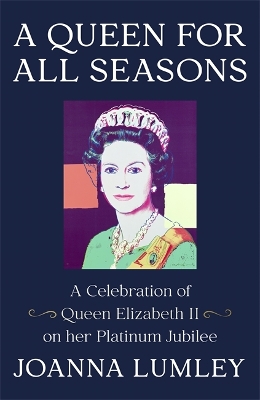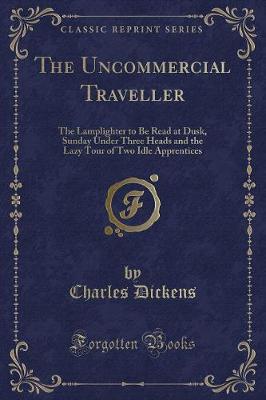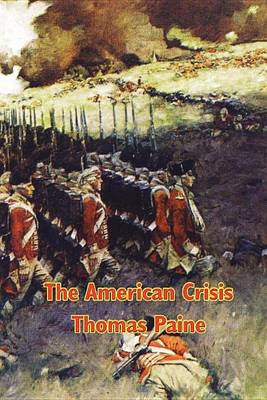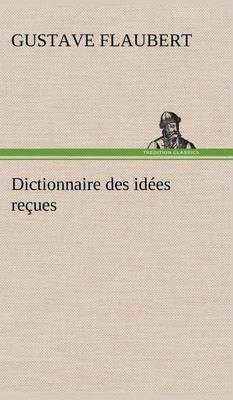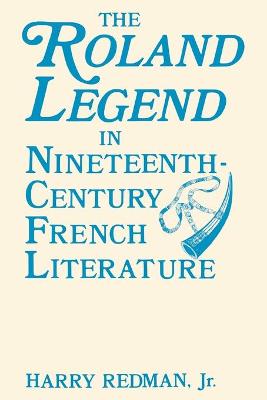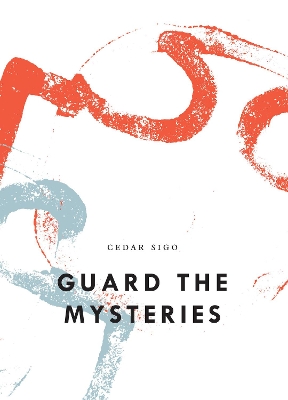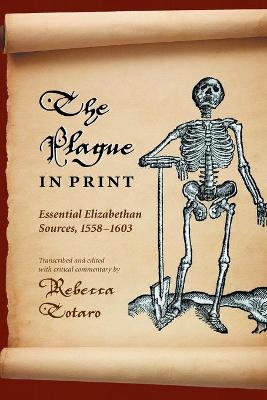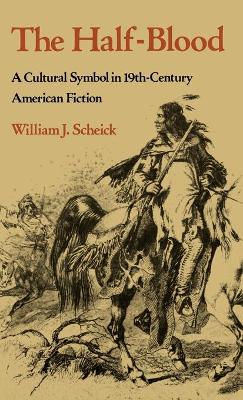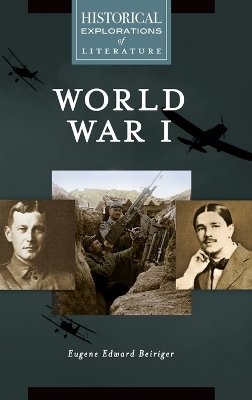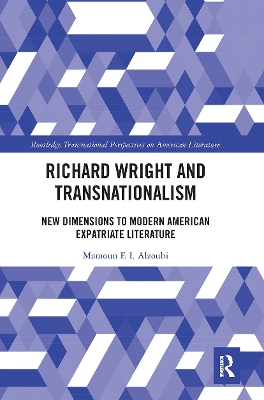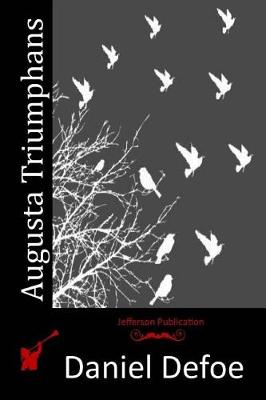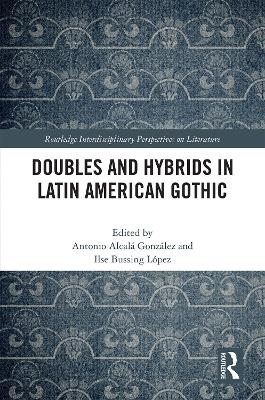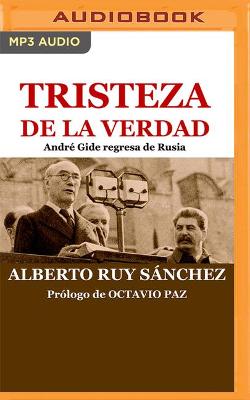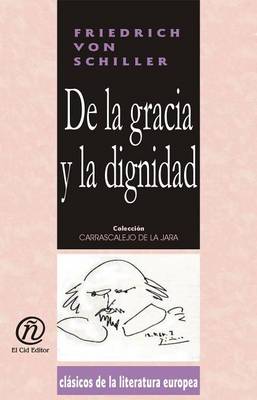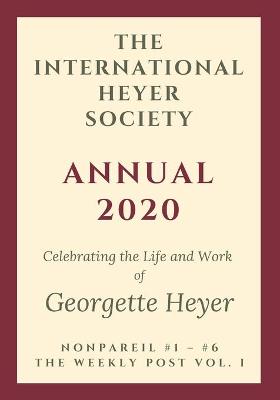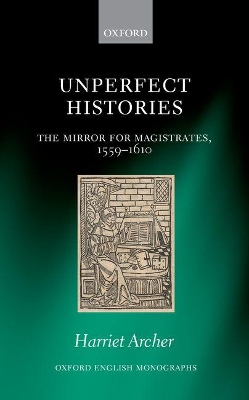Eugénie Grandet (Scenes de la Vie de Province, #2) (Petits Classiques Larousse Texte Integral, #88)
by Honore de Balzac
Depicting the fatal clash between material desires and the liberating power of human passions, Honore de Balzac's Eugenie Grandet is translated with an introduction by M.A. Crawford in Penguin Classics. In a gloomy house in provincial Saumur, the miser Grandet lives with his wife and daughter, Eugenie, whose lives are stifled and overshadowed by his obsession with gold. Guarding his piles of glittering treasures and his only child equally closely, he will let no one near them. But when the arri...
The Algerian War Retold (Routledge Interdisciplinary Perspectives on Literature)
by Meaghan Emery
The Algerian War Retold: Of Camus’s Revolt and Postwar Reconciliation focuses on specific aspects of Albert Camus’s ethical thought through a study of his writings in conjunction with late 20th- and early 21st-century works written by Franco-Maghrebi authors on the topic of the Algerian War (1954-1962). It combines historical inquiry with literary analysis in order to examine the ways in which Camus’s concept of revolt -- in his novels, journalistic writing, and philosophical essays -- reverbera...
This anthology is a thorough introduction to classic literature for those who have not yet experienced these literary masterworks. For those who have known and loved these works in the past, this is an invitation to reunite with old friends in a fresh new format. From Shakespeare s finesse to Oscar Wilde s wit, this unique collection brings together works as diverse and influential as The Pilgrim s Progress and Othello. As an anthology that invites readers to immerse themselves in the masterpiec...
Agatha Christie Goes to War (Routledge Interdisciplinary Perspectives on Literature)
Agatha Christie has never been substantially considered as a war writer, even though war is a constant presence in her writing. This interdisciplinary collection of essays considers the effects of these conflicts on the social and psychological textures of Christie’s detective fiction and other writings, demonstrating not only Christie’s textual navigation of her contemporary surroundings and politics, but also the value of her voice as a popular fiction writer reflecting popular concerns. Agath...
'Lovely... delivers the warmest of glows' - Telegraph'Who wouldn't love this chocolate-box delight of insights and snapshots of The Queen...A treasure chest' - Good HousekeepingA sparkling celebration of our much-loved Queen Elizabeth II for her Platinum Jubilee including special writings and illuminating insights around key moments in her 70-year reign, introduced and edited by her biggest fan Joanna Lumley.In 2022 Queen Elizabeth II celebrates seventy years as Queen and Head of the Commonweal...
The American Crisis (Founding Fathers Collection, #4) (American Crisis)
by Thomas Paine
Thomas Paine wrote the American Crisis in an effort to justify the American Revolution and to bolster the moral of the Continental Army. THESE are the times that try men's souls. The summer soldier and the sunshine patriot will, in this crisis, shrink from the service of their country; but he that stands it now, deserves the love and thanks of man and woman. Tyranny, like hell, is not easily conquered; yet we have this consolation with us, that the harder the conflict, the more glorious the triu...
The Roland Legend in Nineteenth Century French Literature
by Harry Redman, Jr.
The year was 778. Charlemagne, starting homeward after an expedition onto the Iberian Peninsula, left his nephew, Count Roland, in command of a rear guard. As Roland and his troops moved through the Pyrenees, a fierce enemy swooped down and annihilated them. Whether the attackers were Moors, Basques, Gascons, or Aquitainians is still disputed. The massacre soon passed into legend, preserved but at the same time expanded and interpreted in oral tradition and written accounts. Dormant after the la...
Guard the Mysteries is a compendium of five talks that the poet Cedar Sigo presented for the Bagley Wright Lecture series. Retracing the ways in which he first encountered the realm of poetry, Sigo plumbs the particulars of modern critique, identity politics, early influences, and poetic form to produce a singular 'autobiography of voice.' Across these lectures, Sigo explores his childhood on the Suquamish Reservation, while paying homage to revolutionary artists, teachers, and thinkers whom hav...
The Plague in Print (Medieval & Renaissance Literary Studies)
by Rebecca Totaro
In The Plague in Print, Rebecca Totaro takes the reader into the world of plague-riddled Elizabethan England, documenting the development of distinct subgenres related to the plague and providing unprecedented access to important original sources of early modern plague writing. Totaro elucidates the interdisciplinary nature of plague writing, which raises religious, medical, civic, social, and individual concerns in early modern England. Each of the primary texts in the collection offers a glimp...
The half-blood -- half Indian, half white -- is a frequent figure in the popular fiction of nineteenth-century America, for he (or sometimes she) served to symbolize many of the conflicting cultural values with which American society was then wrestling. In literature, as in real life the half-blood was a product of the frontier, embodying the conflict between wilderness and civilization that haunted and stirred the American imagination. What was his identity? Was he indeed "half Indian, half whi...
Focusing on the war on the Western and Southern fronts and inclusive of material from all sides of the conflict, this book explores the novels and poems of significant soldier-writers alongside important contemporary historical documents. The literary works of the First World War are one of the richest sources we have for understanding one of the twentieth century's most significant conflicts. Not only do many of them have historical merit, but some were critically acclaimed by both contemporar...
Kill Boxes addresses the legacy of US-sponsored torture, indefinite detention, and drone warfare by deciphering the shocks of recognition that humanistic and artistic responses to violence bring to consciousness if readers and viewers have eyes to face them. Beginning with an analysis of the ways in which the hooded man from Abu Ghraib became iconic, subsequent chapters take up less culturally visible scenes of massive violations of human rights to bring us face to face with these shocks and th...
Richard Wright and Transnationalism sees Dr. Mamoun Alzoubi argue that renowned American Author, Richard Wright, transformed the way that we approach comparative literature by beginning to look at matters of American racism and Civil Rights in transnational contexts, formed by the new nations surfacing from colonial rule. Richard Wright and Transnationalism demonstrates how Wright, beginning with his work in the 1950s, began to hypothesize the shared history of suffering that linked the experien...
Doubles and Hybrids in Latin American Gothic (Routledge Interdisciplinary Perspectives on Literature)
Doubles and Hybrids in Latin American Gothic focuses on a recurrent motif that is fundamental in the Gothic—the double. This volume explores how this ancient notion acquires tremendous force in a region, Latin America, which is itself defined by duplicity (indigenous/European, autochthonous religions/Catholic). Despite this duplicity and at the same time because of it, this region has also generated "mestizaje," or forms resulting from racial mixing and hybridity. This collection, then, aims to...
The author argues that the concept of trauma has shaped some of the central narratives of the 1990s - from the war stories of Vietnam veterans to the video farewells of Heaven's Gate cult members. He explores the uses of trauma as both enabling fiction and explanatory tool during times of cultural change. Farrell's investigation begins in late-Victorian England, when physicians invented the clinical concept of "traumatic neurosis" for an era that routinely categorized modern life as sick, degene...
The Mirror for Magistrates, the collection of de casibus complaint poems in the voices of medieval rulers and rebels compiled by William Baldwin in the 1550s, was central to the development of imaginative literature in the sixteenth and early seventeenth centuries. Additions by John Higgins, Thomas Blenerhasset, and Richard Niccols between 1574 and 1610 extended the Mirror's scope, shifted its focus, and prolonged its popularity; in particular, the texts' later manifestations profoundly influenc...
